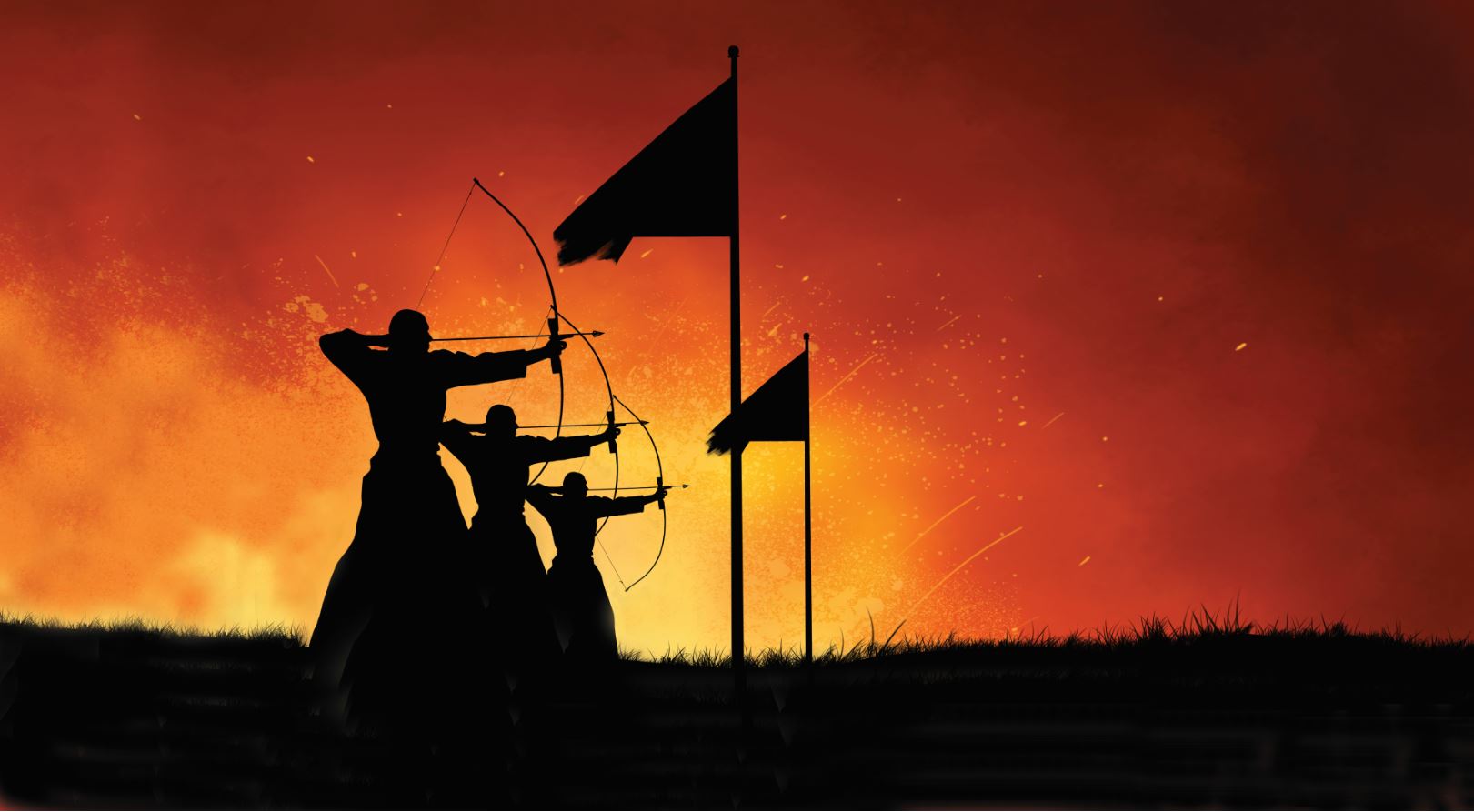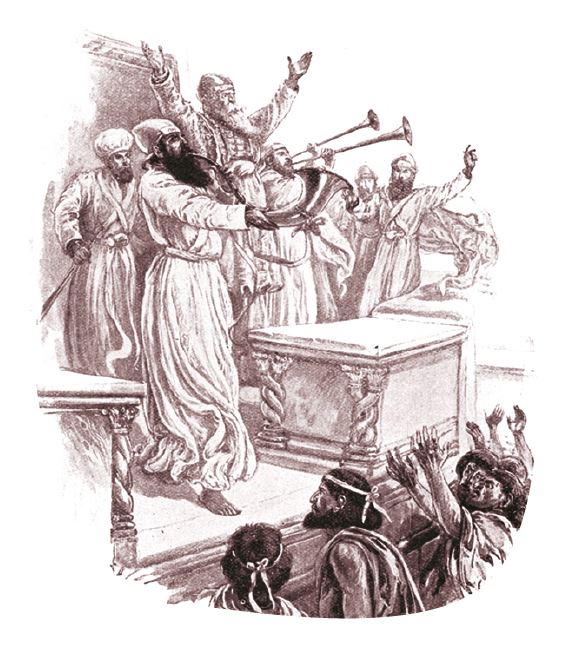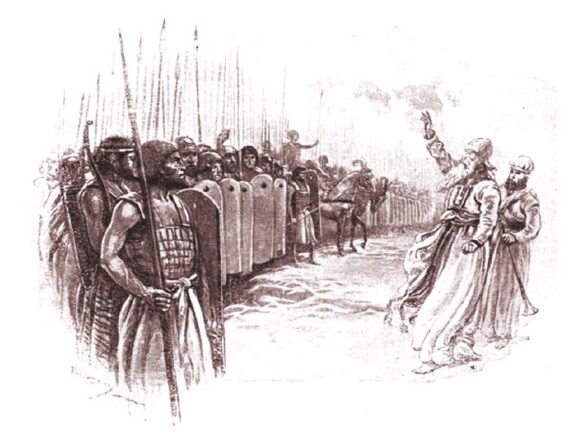YOU HAVE TO ADMIT, the Bible says some difficult things. For example when God brought the nation of Israel into the Promised Land He told them to wipe out the native population: ‘When the Lord your God gives them over to you, and you defeat them, then you must devote them to complete destruction. You shall make no covenant with them and show no mercy to them’ (Deuteronomy 7:2). Some would call that genocide.
The Law of Moses includes the death penalty for certain crimes. For example, ‘Whoever strikes a man so that he dies shall be put to death’ (Exodus 21:12). Some would call that barbaric.
Because of these things there are those who dismiss the Bible as irrelevant and even dangerous. It’s a genuine concern, and we need to face up to it. The Bible says ‘God is love’ (1 John 4:8). How can this be true, if the Bible contains instructions to kill people?
Difficult Questions
The first point we need to note is that if God is our Creator, He has the right to do what He wants. The prophet Isaiah pointed out the folly of those who challenge God: “Woe to him who strives with him who formed him, a pot among earthen pots! Does the clay say to him who forms it, ‘What are you making?’ or ‘Your work has no handles’?” (Isaiah 45:9).
Nevertheless, we can still ask the question—why did God command people to kill others?
God made a covenant with the nation of Israel, that He would be their God and they would be His people. ‘For you are a people holy to the Lord your God. The Lord your God has chosen you to be a people for his treasured possession, out of all the peoples who are on the face of the earth’ (Deuteronomy 7:6). When He brought them into land of Canaan, it was with the intention that they would be a nation that was entirely dedicated to Him and His ways.
The native population was decadent and depraved. Israel could not co-exist with them, because they would be a corrupting influence. If you read through Deuteronomy chapter 7 you’ll see how God explains this. The Bible account shows various glimpses of the horrible practices of the Canaanites. There’s an interesting detail in the words of God to Israel’s ancestor Abraham, years earlier while he was living in Canaan. God told him that his descendants would ‘come back here in the fourth generation, for the iniquity of the Amorites is not yet complete’ (Genesis 15:16). It was only when they had grown so wicked that they were beyond remedy, that God brought Israel to drive them out.
God is just, but also merciful. Even now He was prepared to save those who turned from their evil ways. Joshua 2 contains the account of Rahab, a native of Jericho who turned her back on her own culture and threw in her lot with the invading Israelite army. She and her family were saved, and it’s reasonable to assume that there were others who did the same.
The fact that Israel was to be a holy nation helps to answer the second question—the presence of the death sentence in the Law of Moses. In order to ensure a just and stable society it was God’s prerogative to require that certain kinds of wickedness should not be tolerated.
What About Us?
So, if God has used force in the past does this mean that God’s followers should take it upon themselves to do so now? Should Christians use violence to further God’s purpose and enforce His rules? The Bible’s answer is clear—no!
When God established the nation of Israel in the land of Canaan, He prescribed the use of force to conquer and maintain it. The Old Testament nation of Israel no longer exists.
The Bible abounds with descriptions of the Kingdom of God which is to come, when Jesus Christ will return to earth to rule in righteousness and all the world will live in peace and prosperity. Once more, God’s rule will be a physical reality. Zechariah 14 is one such description of the establishment of the Kingdom. It will be set up by force (for example vs. 12–15), and it will be governed by force (for example vs. 16–19).
But while they wait for that time, God’s people are not a physical nation, they are a spiritual nation. As the Apostle Peter says, ‘You are a chosen race, a royal priesthood, a holy nation, a people for his own possession, that you may proclaim the excellencies of him who called you out of darkness into his marvellous light’ (1 Peter 2:9). This means, as Peter continues, the Christian must lead a peaceful life: ‘in your hearts honour Christ the Lord as holy, always being prepared to make a defence to anyone who asks you for a reason for the hope that is in you; yet do it with gentleness and respect’ (1 Peter 3:15).



